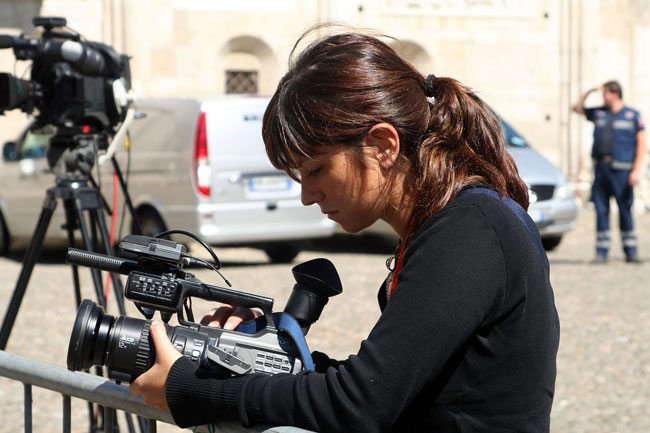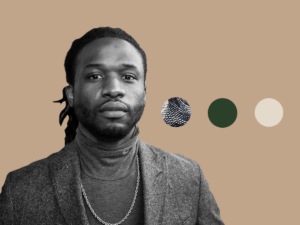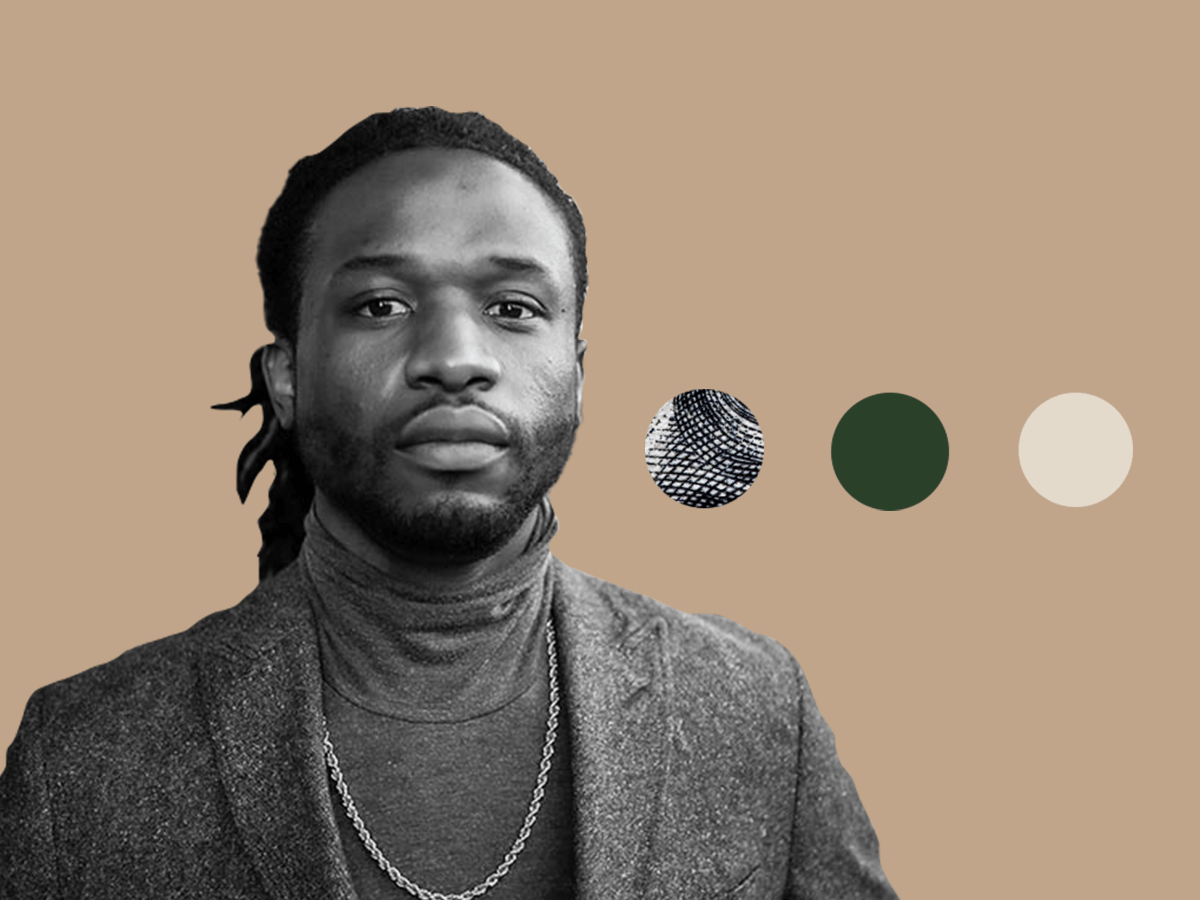
This fall, journalism students from Marquette, a Jesuit university in Milwaukee, have produced 11 of 15 multimedia packages for a two-month series called Milwaukee Open Housing Marches. The series, writes Herbert Lowe for Media Shift, tells the story of the struggle for fair housing in Milwaukee 50 years ago.
The students’ work was published by the Milwaukee Neighborhood News Service (NNS). The news service itself is sponsored by Marquette and began operations in 2012. In addition to backing from Marquette and its communications school, the nonprofit news service receives foundation support from the Zilber Family Foundation and the Greater Milwaukee Foundation, among others. NNS has won awards from the Milwaukee Press Club for five consecutive years.
At NPQ, we have frequently covered the rise of a nonprofit journalism sector, as the traditional for-profit media model continues to falter. Of course, we glad to say that we are not the only ones to notice.
The student project was a two-month-long series, published by NNS, “examining the legacy of heroic efforts by black teenagers and a white priest to combat discrimination and segregation.”
Lowe, a former president of the National Association of Black Journalists and a journalism “professional in residence” at Marquette University advising students until earlier this year, notes that the Marquette journalism student project “represented innovative, project-based service learning, as students mixed educational outcomes with authentic community service.”
According to Lowe, “The rationale for this type of journalistic learning experience is that students will do their very best—and learn the most—if their work is meaningful to others and attracts an audience beyond their instructor and classmates.”
Lowe adds that previous classes of students he taught did similar projects:
During fall 2014, my class produced a microsite focusing on the 45th anniversary of Marquette’s Educational Opportunity Program, which exists to offer low-income, first-generation students greater access to higher education.
Sign up for our free newsletters
Subscribe to NPQ's newsletters to have our top stories delivered directly to your inbox.
By signing up, you agree to our privacy policy and terms of use, and to receive messages from NPQ and our partners.
My next class partnered with a graduate school program about to celebrate its 15th year of developing leaders committed to social and economic justice. Each student spent weeks creating a story package about a program member. Several of those profiled attended the premiere of “Exploring Marquette’s Trinity Fellows Program” during the class’ final exam period.
During fall 2016, my class once again teamed with the news service. The 15 students each produced a text story and video about a 20-something difference-maker, resulting in “Millennials Make Their Mark on Milwaukee.” The following term, 17 students produced “Leadership in the Public Interest,” a collection of Q&As and videos about local nonprofit leaders.
Lowe notes that the partnership process enables “students to interview individuals whom they would not have encountered on campus and work closely with a professional editor in addition to their instructor.” Topics were co-developed by the instructor (Lowe) and editor-in-chief Sharon McGowan and staff at NNS. Lowe adds, “The students, most of whom have never experienced a journalism effort from conception to publication, spent the first part of the semester learning how to use equipment and software, as well as visual storytelling basics.”
Another benefit of having students work on real-world stories is that they get to experience the entire production process: “Their assignment was not considered complete until published,” Lowe writes. “They had to go through several edits, first by me and a college colleague with video expertise—and then McGowan, who is as exacting as any editor a student would encounter.”
To date, the series has attracted over 16,000 unique page views. According to McGowan,
More important than the benefit to (the news service), however, is the value of these stories to the community organizations that the students covered … Their work called attention to organizations that might have remained under the radar — informing people who needed the services, and attracting potential funders and volunteers. The partnership was a win-win-win for students, (the news service) and the community.
As for that student benefit, one student remarks, “Not only has this been a great technical learning experience, but it has also given me a look into the fast-paced world of professional journalism and what it takes to be a successful journalist.”
Lowe points out that an added benefit is teaching students to empathize with the people they write about. As Lowe puts it, while “going beyond lectures, software and equipment is certainly an emphasis, the intentional discomfort required to interact with people within communities and cultures different than their own was an essential aspect of this service learning.”—Steve Dubb













